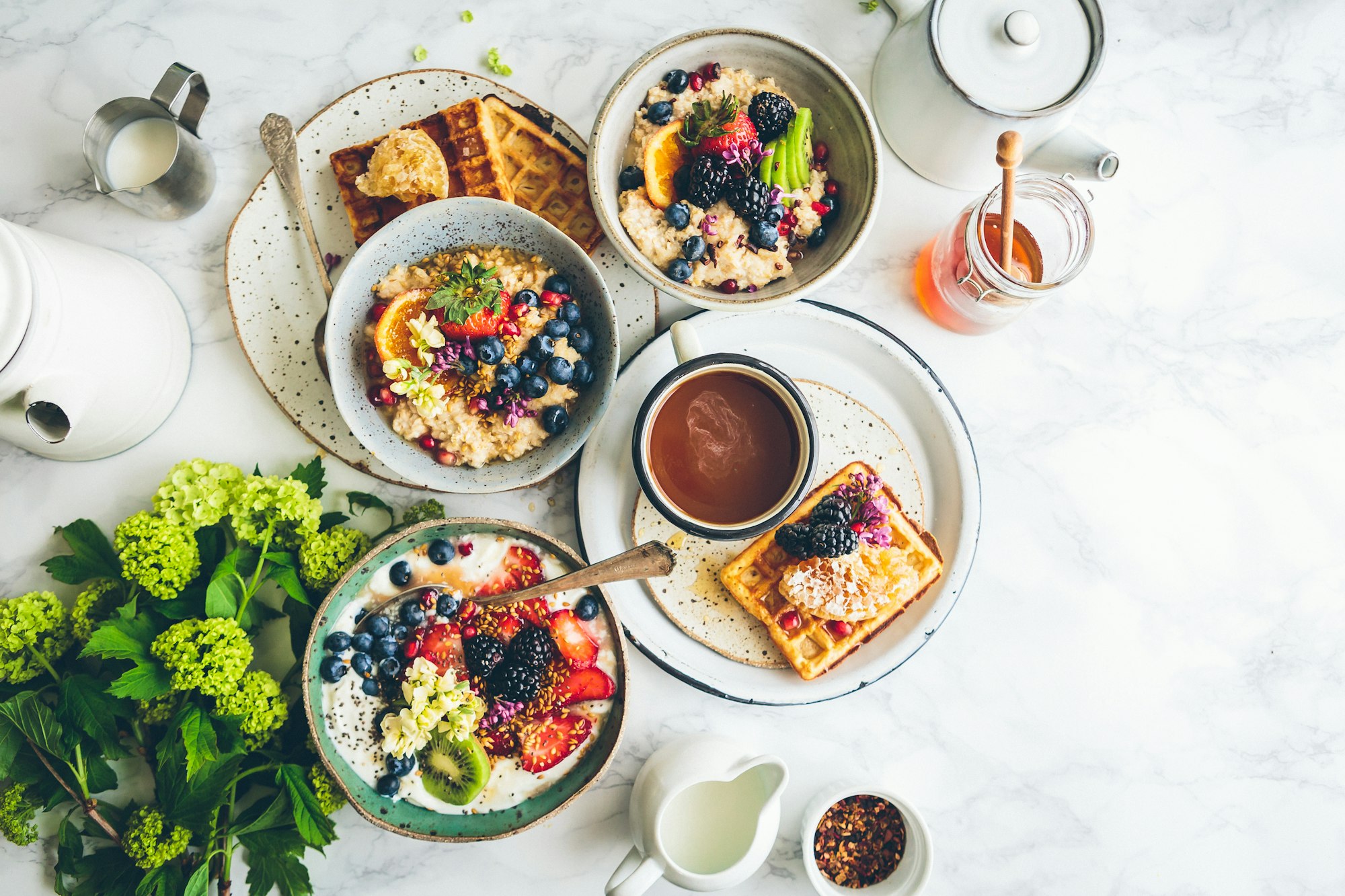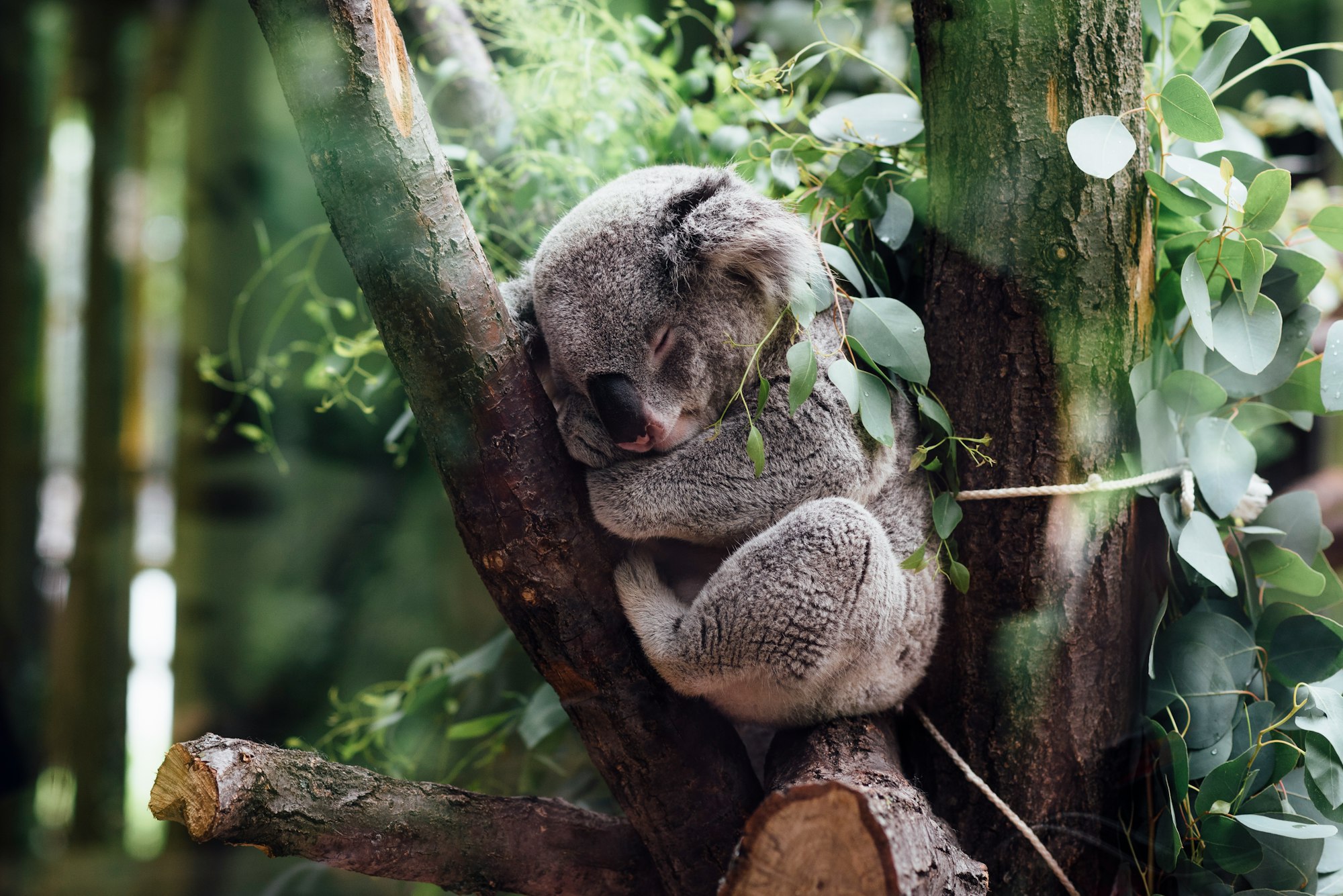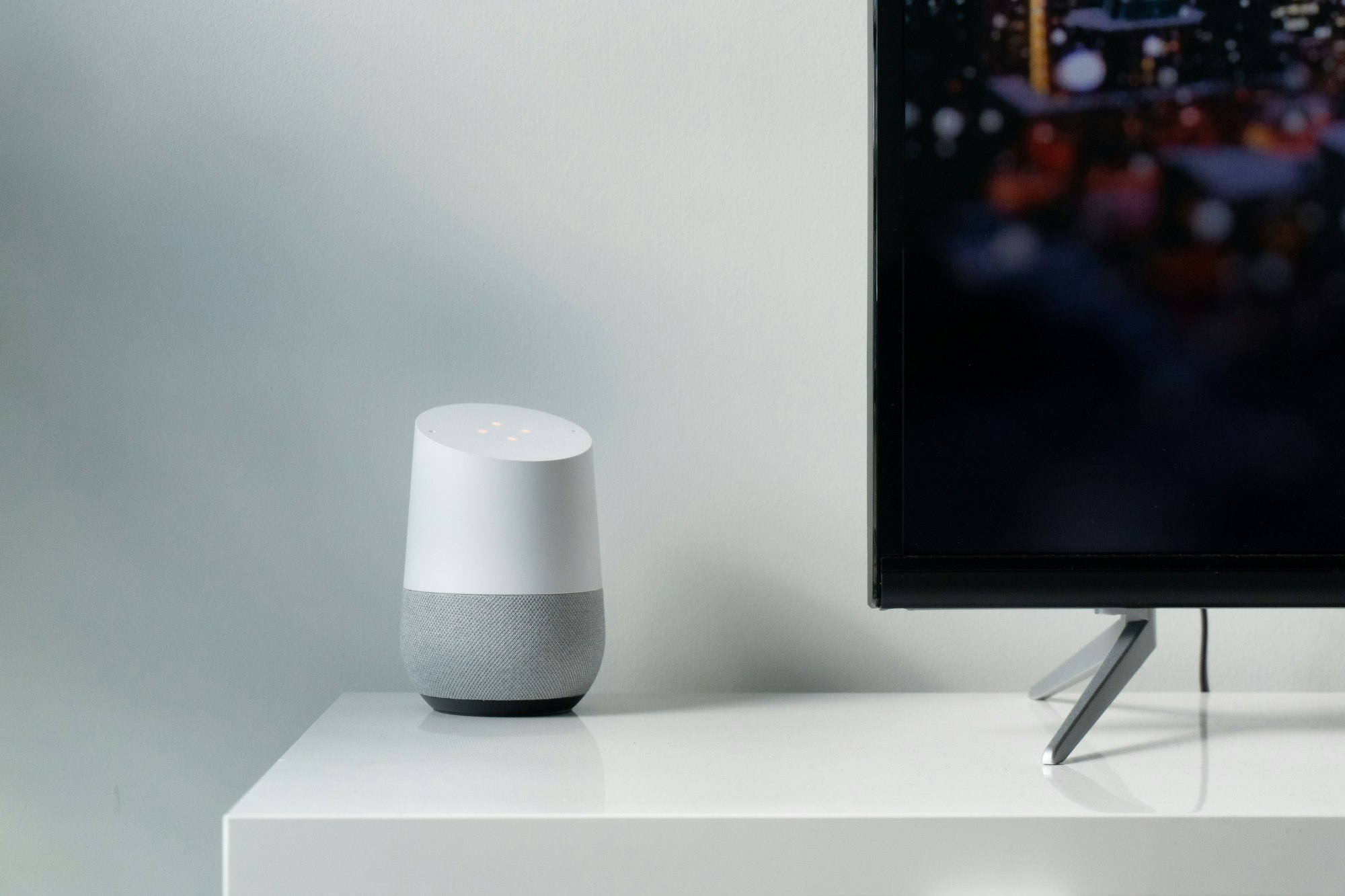Why bacon & egg breakfast isn't completely our choice and its history
Breakfast is the first meal taken after rising from a night's sleep, most often eaten in the early morning before undertaking the day's work. It was not until the 15th century that "breakfast" came into use in written English to describe a morning meal, which literally means to break the fasting period of the prior night; in Old English the term was morgenmete meaning "morning meal."
Who told us to eat bacon for breakfast?

For many people, the combination of bacon and eggs forms the basis for the archetypal hot breakfast. Eggs have long been a popular breakfast food, perhaps because fresh eggs were often available early in the day, but their partnership with bacon is a 20th century invention. In the 1920s, Americans ate very light breakfasts, so public relations pioneer Edward Bernays persuaded doctors to promote bacon and eggs as a healthy breakfast in order to promote sales of bacon on behalf of Beech-Nut, a packaging company that had diversified into food production.
Bernays convinced 5,000 doctors to sign a letter recommending a hearty breakfast, and publicized this conviction in newspapers, with bacon and eggs presented as the ideal start to the day. Sales of Beech-Nut bacon increased, and we've been eating bacon for breakfast ever since.
But What about coffee and tea?

Coffee didn't become a popular drink in Europe until the 19th century, so people were making a start on their days for centuries without a daily dose of Java. In fact, before coffee became the staple breakfast drink for millions, many people started their day with alcohol! For Ancient Egyptians, the morning meal consisted of bread and beer, while Ancient Greeks preferred wine, and the Romans did the same. Even in pre-Industrial Europe, when pollution made it a bad idea to drink the water, "beer soup" was a popular breakfast option. (Also Read: How caffeine influence on the body).
The reason coffee became so popular at breakfast is the same reason it's so popular today; caffeine. Just as eating breakfast at all was a by-product of the Industrial Revolution, so the arrival and increasing popularity of coffee in the 18th and 19th centuries went hand in hand with industrialization, providing a stimulating kick to productivity that hard-working drones still depend on today. Let's be honest, we would all get less done if we still started every day with beer or wine.

Tea has never been restricted to a single time of day, but robust, highly-caffeinated tea blends designed specifically for drinking at breakfast are a 19th century idea. English apothecary Richard Davies is the first person known to have sold an English Breakfast tea in New York in 1843, while Scottish merchant Robert Drysdale created his own breakfast blend in the late 19th century that's thought to have been popularized as "English Breakfast" due to the patronage of Queen Victoria.
Breakfast teas may have originally been made with Chinese black tea, but the growth of the Indian tea industry meant that breakfast blends were increasingly associated with strong Assam or Ceylon teas, which could stand up to the English habit of adding milk and sugar to tea. Even stronger Irish and Scottish breakfast blends followed English breakfast, though there's no established formula for any of these blends.
It also might be interesting for you to learn about our freedom of choice. I would recommend a video:
It is also the best thing to watch on YouTube Originals (Described here: Best YouTube Originals to watch).




